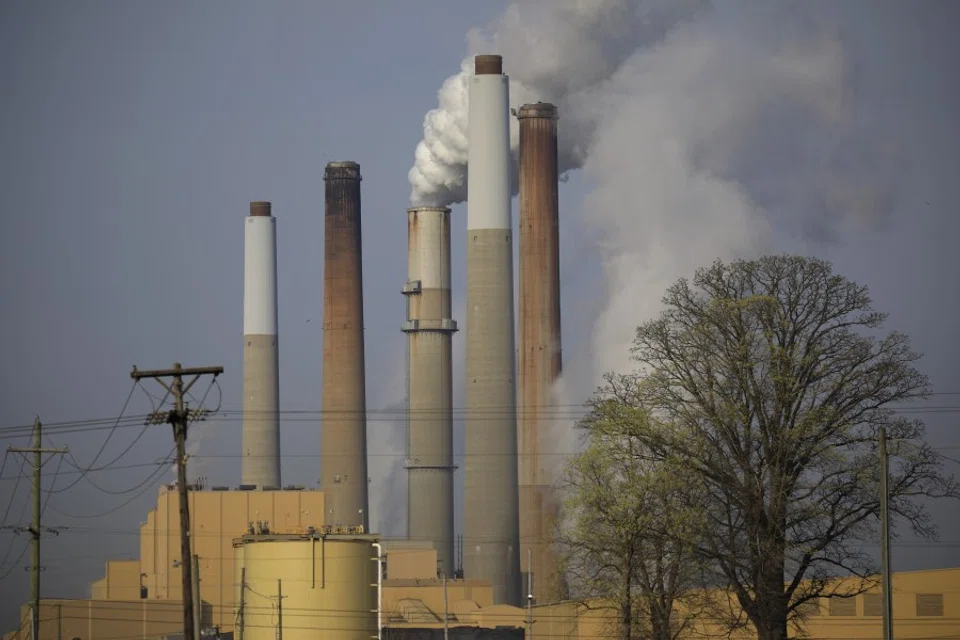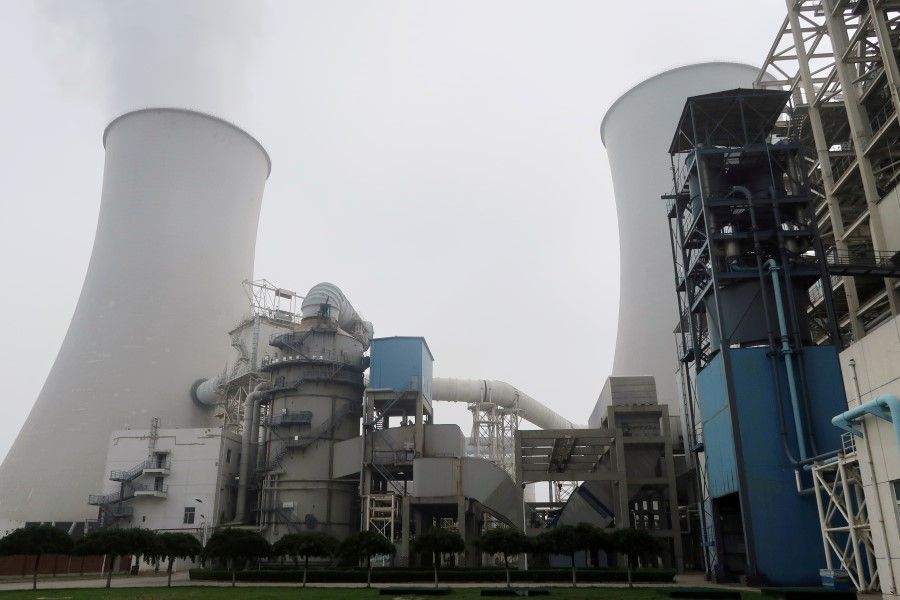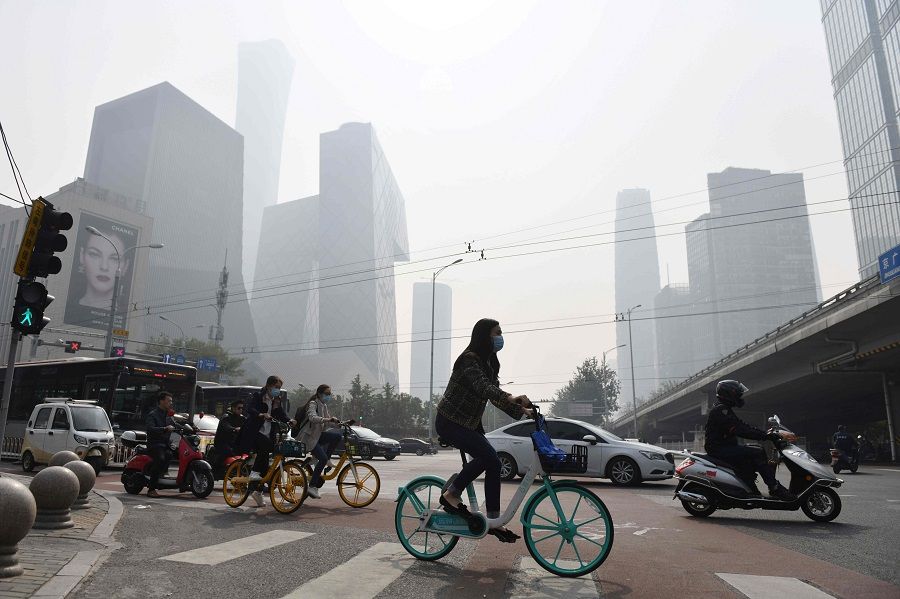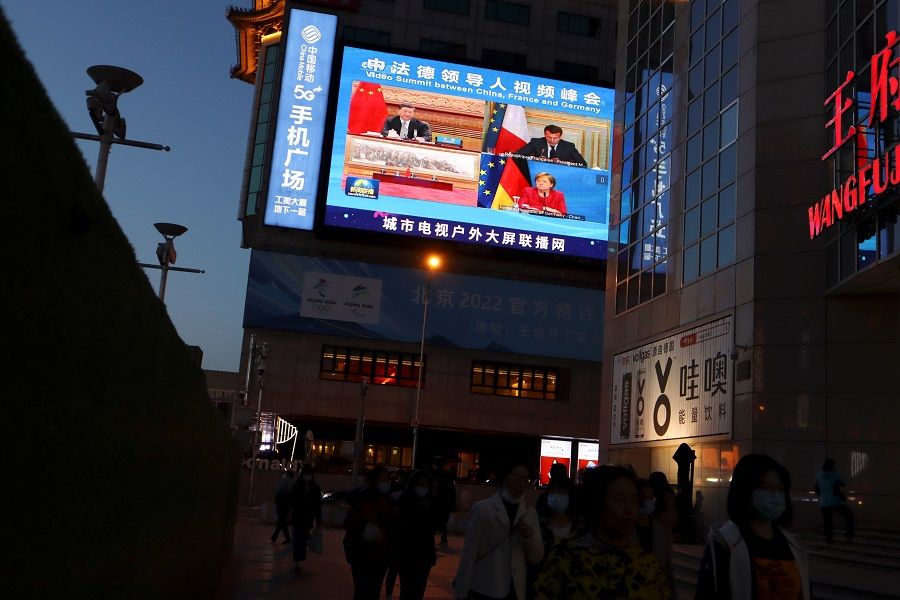If Xi Jinping and Joe Biden meet this week, it won't be just about climate change

Yesterday, the Chinese authorities released a joint statement by China and the US on tackling climate change. One of the most important lines is: "Both countries look forward to the US-hosted Leaders Summit on Climate on April 22/23." This means that Chinese President Xi Jinping is likely to attend the virtual summit, and may hold his first video dialogue with US President Joe Biden.
One of the key aims of last week's visit to Shanghai by US special presidential envoy for climate John Kerry was to get the Chinese president to join in the climate summit. Kerry arrived in Shanghai on 14 April, held several rounds of talks with his Chinese counterpart Xie Zhenhua on 15 and 16 April, and met with Chinese Vice-Premier Han Zheng via video link before leaving Shanghai. But it was only yesterday that China publicly expressed that it is "looking forward" to the climate summit, signalling China's intention of participating.
Bright spot in US-China relations?
The joint statement is a key result of Kerry's visit to China. Besides basic confirmation of China's participation in the summit, both sides reached a consensus on tackling the climate crisis, laying the foundation for the first online dialogue between the China and US leaders.

The statement said the US and China are committed to cooperating with each other and with other countries to tackle the climate crisis, which must be addressed with the seriousness and urgency that it demands; that both countries intend to develop their respective long-term strategies aimed at net zero greenhouse gas emissions/carbon neutrality by the 26th UN Climate Change Conference of the Parties (COP26) to be held in Glasgow in November 2021; and that both countries intend to take appropriate actions to maximise international investment and finance in support of the transition from carbon-intensive fossil fuel based energy to green, low-carbon and renewable energy in developing countries.
As for this week's upcoming climate summit to be attended by leaders of some 40 countries, the statement said both countries share the summit's goal of raising global climate ambition on mitigation, adaptation, and support on the road to COP26 in Glasgow.
Climate leverage
These points of agreement mean that China and US leaders will have things to talk about at the climate summit. However, it does not mean that China-US climate cooperation will be smooth sailing.
The fact is, one key aim of the US in extending the olive branch to China in climate cooperation is to press China to make more commitments in its targets and timelines in reducing emissions. And around the time of COP26, the US, China, and other major greenhouse gas emitters will be negotiating and tussling over their own targets and timelines for reducing emissions.
Besides managing global climate issues, achieving these aims will give a boost to China's industrial transformation and upgrading. In fact, these efforts can be seen as China's new national strategy.

At the UN General Assembly in September 2020, Xi announced that China aims to have CO2 emissions peak before 2030 and achieve carbon neutrality before 2060. The Chinese government has made working towards these goals a priority in 2021, and has set medium- and long-term targets for this in its 14th Five-Year Plan.
China's goals for CO2 emissions to peak before 2030 and to achieve carbon neutrality before 2060 are not just temporary measures. Besides managing global climate issues, achieving these aims will give a boost to China's industrial transformation and upgrading. In fact, these efforts can be seen as China's new national strategy.
West feels China should do more
But to the US and some Western countries, China being the world's largest emitter of CO2 has set itself carbon emission reduction targets that are overly conservative and too long drawn-out. They would like China to shoulder greater responsibilities in reducing global carbon emissions.

China, on the other hand, argues that its CO2 emissions per capita is far below developed countries such as the US. An overly high carbon emissions reduction target would limit China's economic growth, which is very unfair to China.
In an interview with the Associated Press on 16 April, Chinese Vice-Foreign Minister Le Yucheng indicated that China's carbon emission peak and carbon neutrality goals are difficult to reach for a large developing country with a population of 1.4 billion. He said, "Some countries are asking China to fast forward the process. That, I am afraid, is not very realistic." He added, "Developed countries will take 50 to 60 years to move from carbon peak to carbon neutrality, but China has undertaken to do it within 30 years. This is already a big commitment, isn't it?"
... while the Biden administration rejoined the Paris Agreement after former US President Donald Trump withdrew from it, the world remains doubtful. Such scepticism is in China's favour.
Europe a stronger ally on climate?
On 16 April, just as Kerry was persuading China to participate in the climate summit hosted by the US, Xi was in the midst of a video summit with French President Emmanuel Macron and German Chancellor Angela Merkel. As reported by Chinese state media, the three leaders agreed to fully implement the Paris Agreement, and build a fair, reasonable, cooperative, and win-win global climate governance system. Macron and Merkel also welcomed China's carbon neutrality target.
Compared to the US, there seems to be more consensus between China and EU countries such as France and Germany on handling climate change issues. After all, while the Biden administration rejoined the Paris Agreement after former US President Donald Trump withdrew from it, the world remains doubtful. Such scepticism is in China's favour.

If Xi and Biden have a video summit this week, the topics discussed would not be limited to climate change issues alone, but could possibly touch on China-US relations as a whole, as well as other important topics such as fighting the Covid-19 pandemic and facilitating the global economic recovery.
However, as competition and confrontation already set the tone for China-US relations, it would be difficult for both sides to reverse this trend or achieve major breakthroughs in trade, science and technology, the Taiwan Strait, and the South China Sea. Public opinion in both countries are generally not very hopeful either. Opposition in US society against Biden engaging China is self-evident, while Chinese public opinion is full of criticism directed at Biden for not lifting the US's suppressive measures against China.
But a virtual summit between Xi and Biden will nevertheless be the first meeting between the top leaders of China and the US since Biden took office. While breakthroughs on various sensitive issues will be difficult, the meeting still has a positive significance in easing tense China-US relations. It can be expected that interactions between Xi and Biden this week will be the focus of international public opinion.
